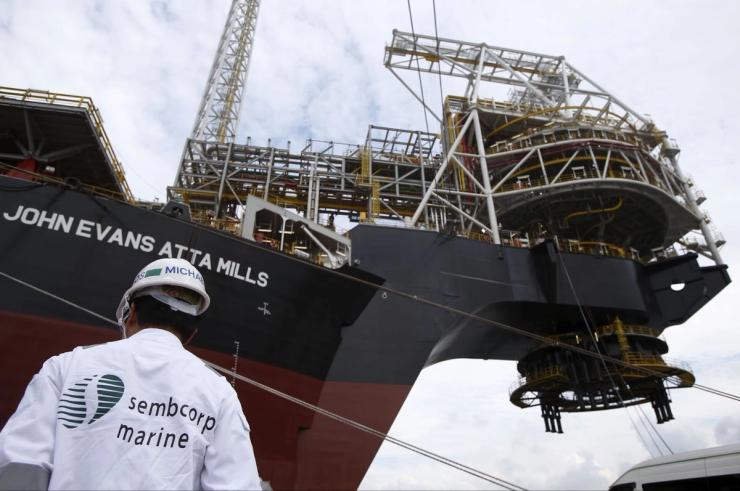Amena’s view
US President Donald Trump has never shied away from endorsing oil and gas projects. “Countries are on the brink of destruction because of the green energy agenda,” Trump told stony-faced leaders during his UN General Assembly speech last month. “If you don’t get away from this green scam, your country is going to fail.”
Setting aside the rhetoric, Trump’s strong support for fossil fuels presents an opportunity for African states sitting on vast but underdeveloped energy reserves. His presidency offers a window for the continent to accelerate its oil and gas ambitions.
This sense of urgency was evident at the recent African Energy Week in Cape Town. The US Department of Energy had a stronger presence than previous editions, and officials departed from earlier policy narratives that promoted renewables and encouraged leaving oil in the ground.
Mark Menezes, President and CEO of the US Energy Association, said the Trump administration’s removal of restrictions on the Export-Import Bank and other financing agencies when it came to fossil fuels had “unleashed opportunities” for US companies to invest across Africa’s energy landscape. “Africa is resource-rich, and we see long-term partnerships not just for oil and gas but also for critical minerals,” he said.
Senegal was one of the most talked-about countries at the event. The country recently started producing around 100,000 barrels of oil per day and is building its first liquefied natural gas project. Both are milestones, but sustaining production will require new investment as output is already near its peak and will plateau without further drilling. On the gas side, Senegal is seeking partners for an offshore field after bp’s exit.
Equatorial Guinea is also signalling expansion. Its hydrocarbons and mining minister announced plans to open a new licensing round in April to boost exploration and offset declining output.
The pressure on governments to seize opportunities is immense, because windows to attract investors can quickly be shut. Namibia was the star of last year’s African Energy Week, but there has been little progress towards its ambitions to become a major oil producer. A lack of infrastructure to handle associated gas from offshore discoveries has become a bottleneck.
The obstacles for African energy expansion are well known: fragile states, shifting policies, and corruption. Energy companies are drawn to the continent’s enormous potential — and Gulf investors have poured billions in oil and gas projects — but remain wary of political and operational risks.
If African governments can create predictable regulatory frameworks, strengthen governance, and maintain security, they could attract significant capital amid Washington’s new energy pragmatism. The global transition to cleaner energy will continue, but in the short term, Trump’s fossil-fuel agenda gives Africa breathing space to monetize its resources and escape energy poverty.
Amena Bakr is the Head of Middle East Energy & OPEC+ research at Kpler, an independent global commodities trade intelligence company.
Notable
- Senegal has been able to use its oil riches to transform its economy, a “notable feat in Africa,” according to an analysis by the African Development Bank.
- The Trump administration is intervening in a dispute between US oil majors and six African nations over where to deposit cleanup funds, a clash that could derail up to $130 billion in fossil-fuel projects, The Wall Street Journal reported.



